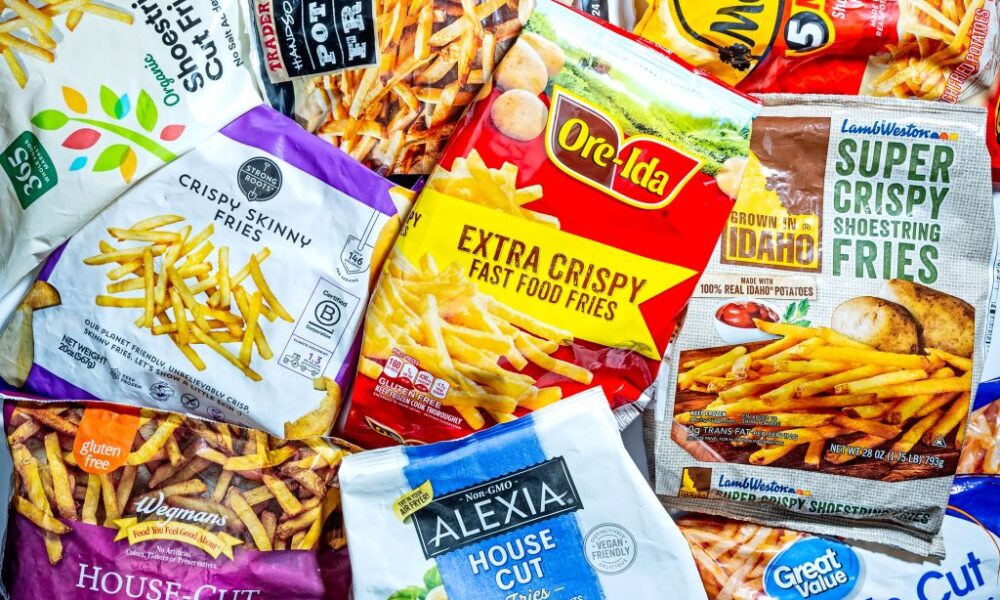Retail giant Walmart announced plans to remove synthetic food dyes and more than 30 other artificial additives from its private-label food brands—including Great Value, Bettergoods, and Marketside—by January 2027. Reuters+2AP News+2
Walmart says the change affects nearly 1,000 products, spanning salty snacks, cereals, salad dressings, cake frostings, and other packaged goods. AP News+2ABC News+2
Why Walmart Is Making the Shift
- Consumers increasingly demand cleaner, simpler ingredients, and Walmart claims that about 90 percent of its store-brand foods already contain no synthetic dyes. CityNews Halifax+3Reuters+3AP News+3
- The move also aligns with pressure from federal leadership, including a push under the “Make America Healthy Again” initiative to reduce the use of artificial food additives. Reuters+2AP News+2
- Walmart says it will phase out dyes like Red No. 3, Yellow No. 5, and other petroleum-based colors, and replace them with natural alternatives where possible. AP News+2ABC News+2
Officials state that they will coordinate with suppliers to reformulate recipes while trying to maintain taste, appearance, and affordable pricing. Reuters+2ABC News+2
What This Means in Practice
- Reformulated versions of many favorites—like cereals, dips, sauces—may begin appearing on shelves within the coming months. AP News+1
- Some of the additives Walmart is targeting are already banned, rarely used, or under scrutiny; critics point out that certain items on its removal list had minimal usage to begin with. ABC News+2AP News+2
- Walmart is not alone: other food companies (like Kraft Heinz, General Mills, and PepsiCo) have also announced plans to phase out synthetic dyes across their product lines. Al Jazeera+3Star Tribune+3Food Safety News+3
Challenges & Considerations
Implementing this reformulation won’t be easy:
- Switching from synthetic to natural coloring involves sourcing reliable ingredients, ensuring shelf stability, and matching color consistency.
- Costs for natural dyes tend to be higher, which could pressure Walmart to find ways to absorb or offset those expenses while keeping prices low.
- Consumer reaction will be important—brand loyalty may be tested if appearance or flavor are altered.
(Photo by Scott Suchman) for The Washington Post via Getty Images









No comments